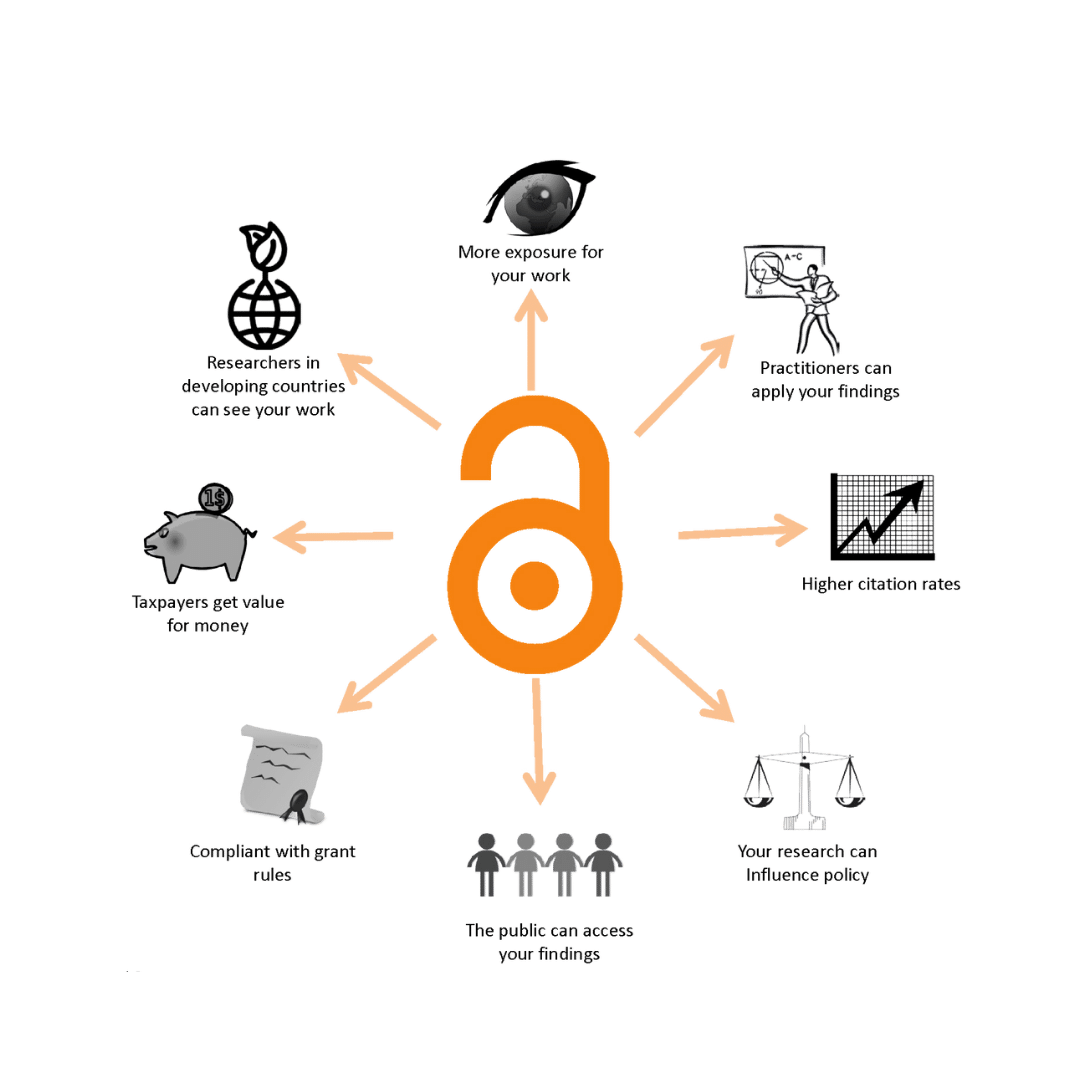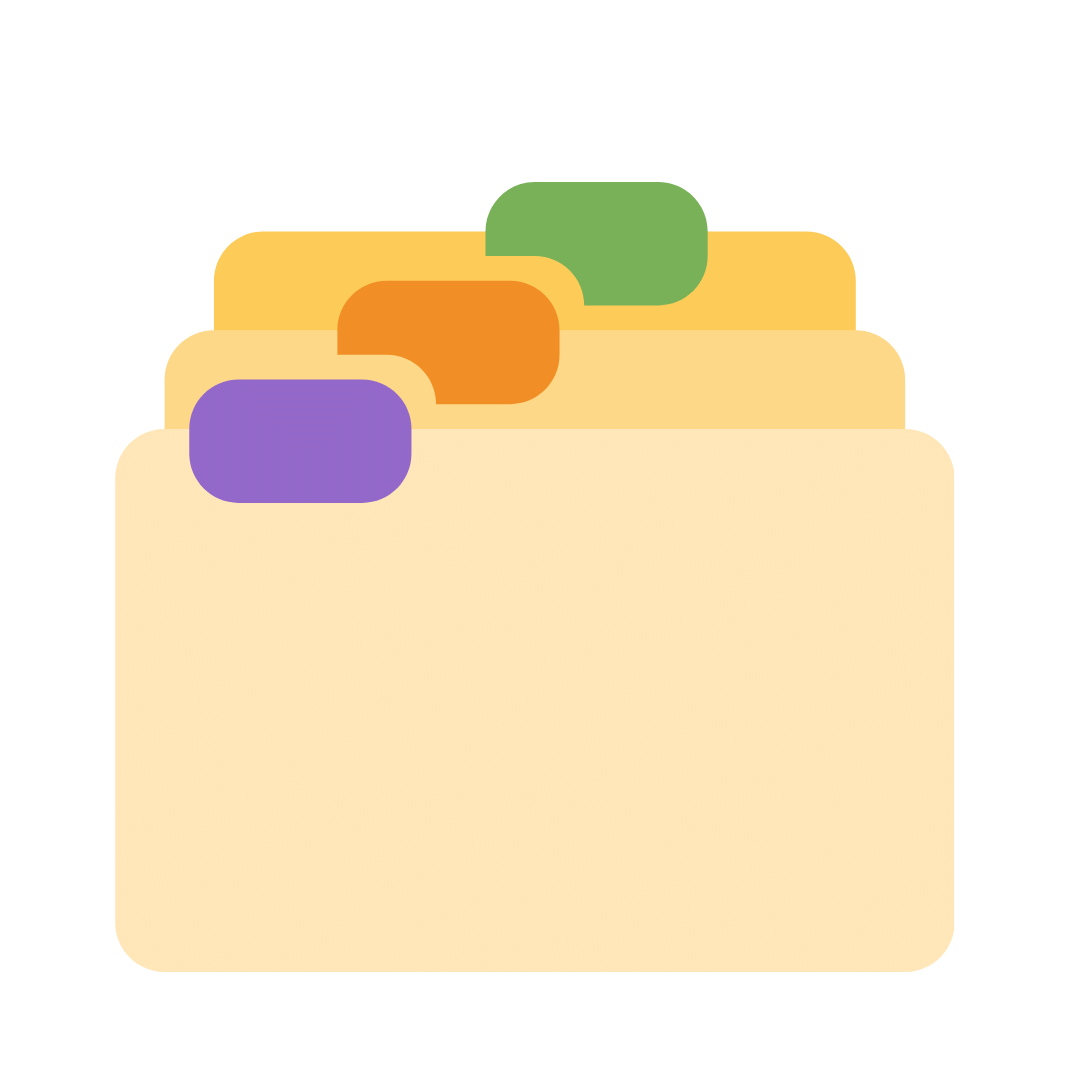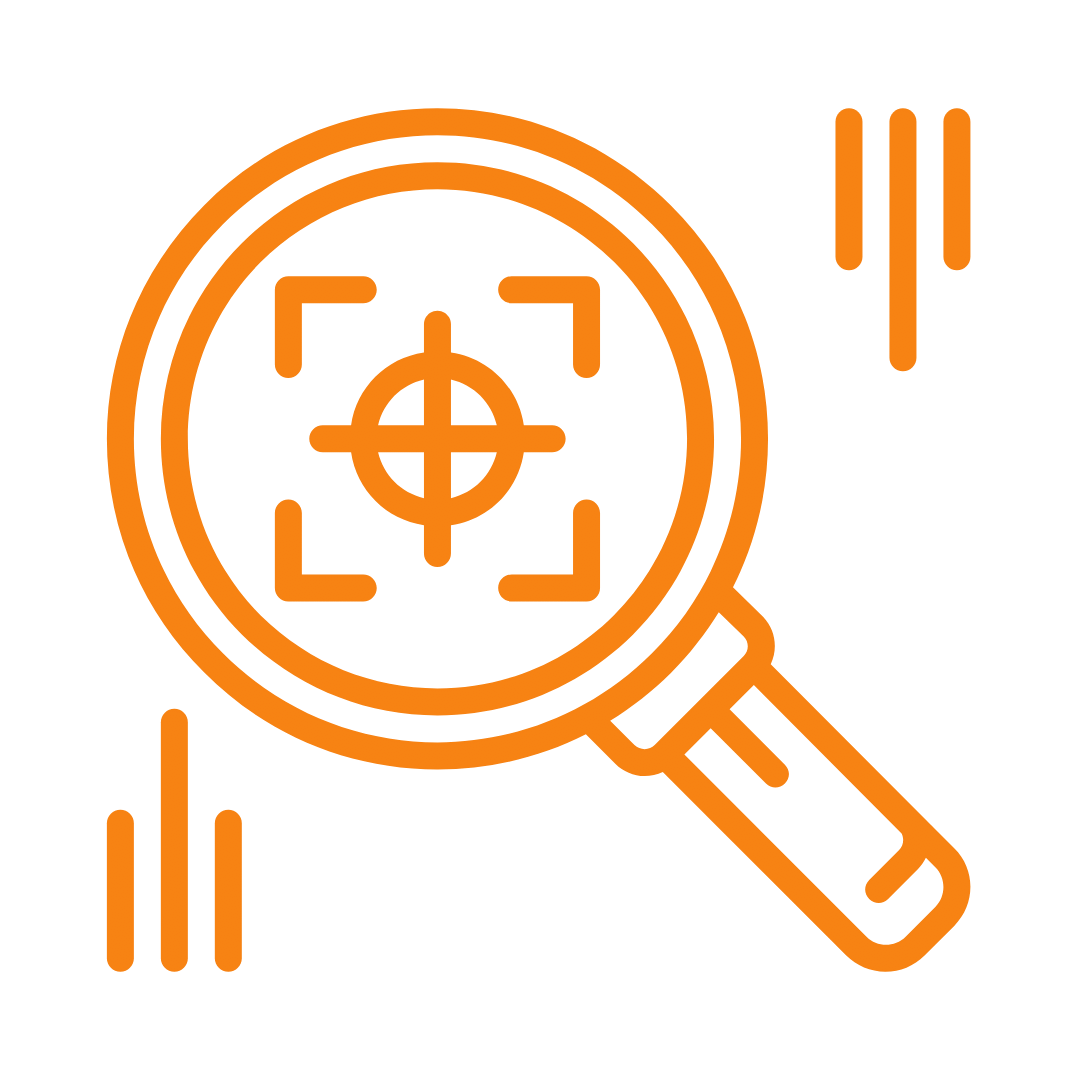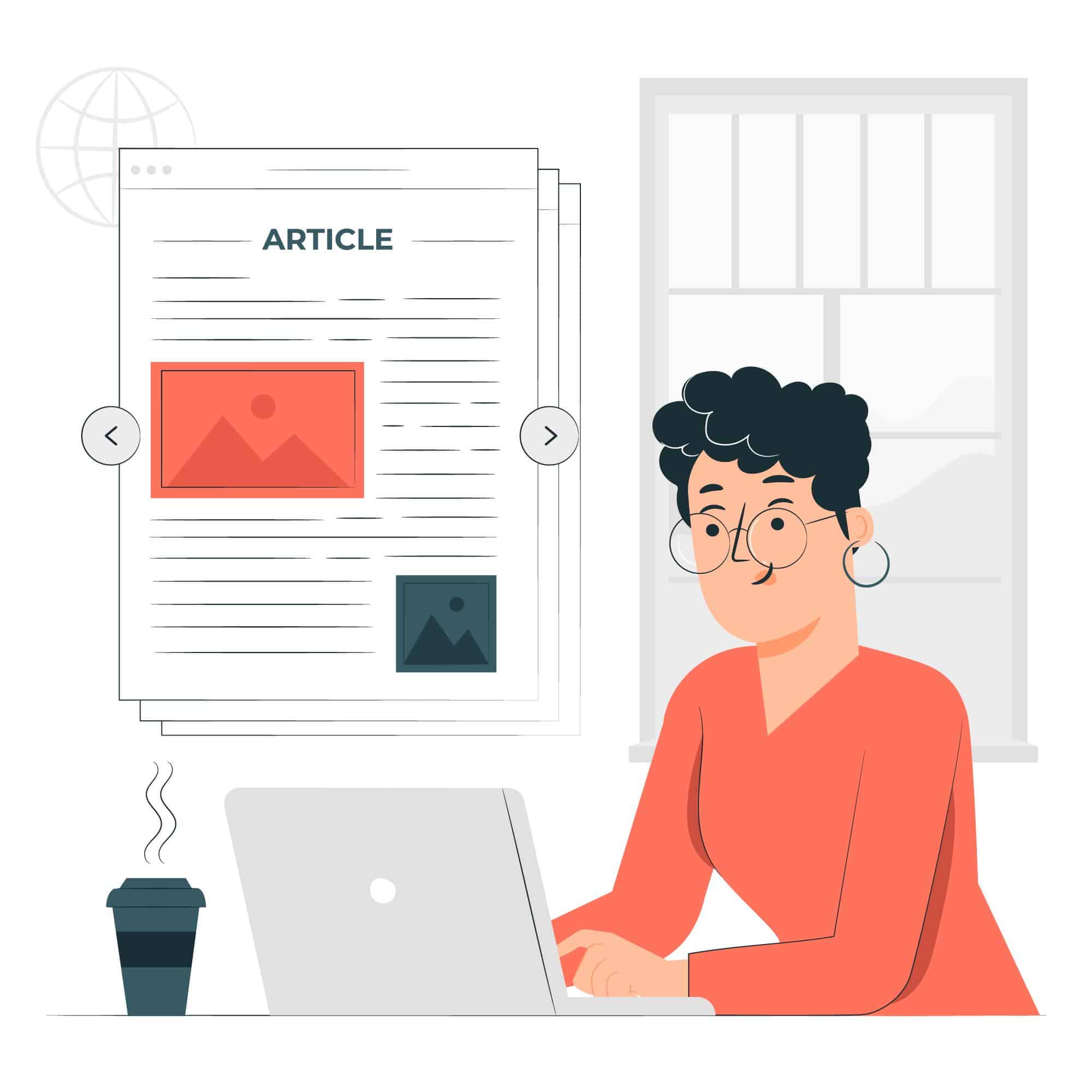Events
Learn with our workshops
Research Publication & Ethics
Writing your research
Publishing your research
Survey-based research
Workshop on the UGC-mandated paper
Practical units of Research Publication & Ethics paper

Askıda Ekmek!
Topics covered
Need for open access; how publisher responded to this change; difference between conventional and open access publishing
Understanding copyright policies and open access policies; understanding the UI of Sherpa/RoMEO
Subscription and open access model of publishing – history, pros and cons; factors that influence the choice of publication
Practicals
Using Sherpa/RoMEO to identify open access journals, in the respective domains of the scholar
Identifying open access journals by publishers
Comparising OA features among the chosen journals

Don’t fall prey to predators!
Topics covered
Understanding predatory journals and the downside of publishing with them; learning to identify such publications through SPPU’s tool
Beall’s list and UGC care list
Practicals
Review journal websites to identify potential warning signals

Who stores the published articles?
Topics covered
Indexing databases, Citation databases: Web of Science, Scopus, etc.
Understanding indexing databases; using these databases to help pick the right journal for publication
Practicals
Retrieving recommendations using Web of Science and Scopus

How to measure performance?
Topics included
How the impact factor of a journal is calculated
Alternatives of impact factor: journal citation report, SNIP, SJR, IPP, Cite Score
Author-level metrics: h- index, g index, i10 index, altmetrics
Practicals
Discussion of the metrics of select journals and articles
Interpreting the author-level metrics

Find the right journal for your paper
Topics included
JANE, Elsevier Journal Finder, Springer Journal Suggester, etc.
Publisher-specific and third-party journal finder tools
Shortlisting journals for publication
Practicals
Using journal finder tools by publishers to shortlist journals for their topics
Writing Workshops

Writing your research paper
Many people procrastinate writing because they are not sure how to do it right. In this workshop, you will learn about the right approach to writing: the preparatory steps, writing a draft and preparing the final copy.

MS Word for writing
MS Word has a powerful arsenal of writing weaponry. These features help you create error-free documents, simplify repetitive and mundane tasks, increase your efficiency and save time.

Referencing tools for the researcher
Coming soon . . .
Good words for good deeds . . .
Workshops on Publication

Identifying the target journal
You will learn to know how to shortlist journals by analysing the journal information available on its home page and from indexing databases. The workshop also helps you compare journals to pick your target journal.

Understanding open access
You will learn to know how to shortlist journals by analysing the journal information available on its home page and from indexing databases. The workshop also helps you compare journals to pick your target journal.

Preparing the manuscript
Writing a draft version of the paper and preparing it for submission are different. Learn how to use author instructions to make your draft submission-ready.

Writing an appealing abstract
The abstract is the gateway to your research paper. Learn why is it a critical component, the types of abstracts, what is included, and the do’s and don’ts of writing the abstract.
Conducting a survey ?
COMING SOON . . .
Get in Touch By Phone Or email
Vanakkam. What's your need? Editing a paper? Writing a piece? Editorial advice? Training?
Just call us or write to us. Let's talk over a cup of coffee.
Phone
+91 9884 846 542
vanakkam@tholga.com



